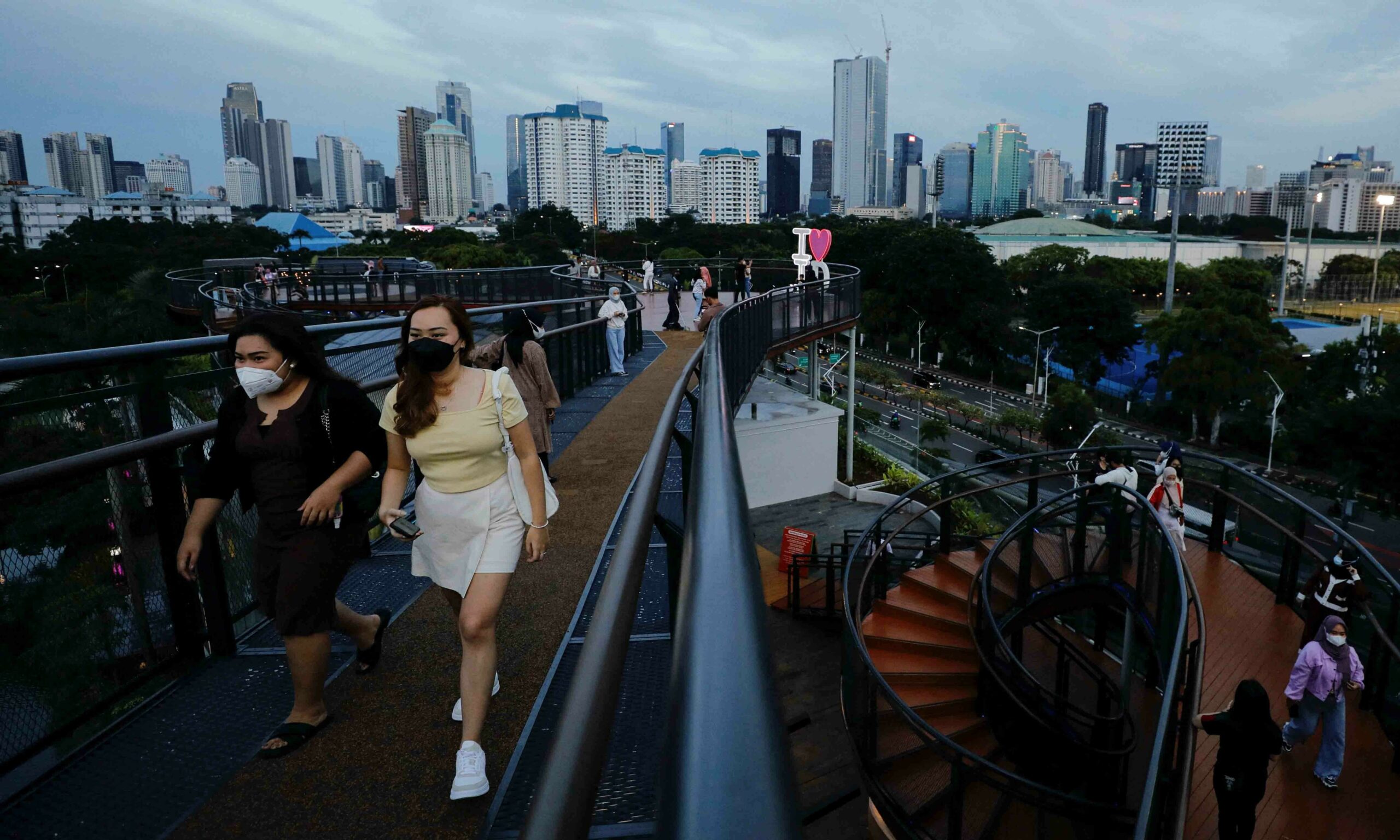The head of Indonesia’s public health office announced on Friday that the country had approved its first domestically manufactured Covid-19 vaccine for use in emergency situations, welcoming the development as a step toward “the nation’s independence in access to medication.”
Since the start of the epidemic, Jakarta has emphasised the need for creating indigenous vaccinations, but it now relies on Sinovac from China, as well as Western-made Moderna and Pfizer-BioNTech mRNA vaccines.
The IndoVac vaccine, created by state-owned pharmaceutical company Bio Farma and Texas’ Baylor College of Medicine, is now available in the fourth-most populated nation in the world as a primary dose for adults who are unvaccinated or only partially vaccinated.
According to Penny Lukito, chief of the national food and pharmaceuticals agency (BPOM), “the invention… of a local vaccine is a pride for us Indonesians as a foundation and as the first step to achieving the nation’s independence in access to medication.”
According to the medical director, IndoVac had a 92% effectiveness rate, no deaths were associated with it during clinical testing, and reported side effects were “usually modest.”
It is currently being studied clinically for use as a booster shot, according to Lukito.
The organisation also declared that it had become the first nation to approve the emergency use of a Chinese-developed mRNA vaccination.
The BPOM chief stated that the Walvax Biotechnology-developed vaccine will be made locally in Indonesia.
The indigenous IndoVac vaccine has been given a halal certification, allowing it to be given in Indonesia, which has a majority of Muslims, in accordance with Islamic law.
As the Delta strain of Covid-19 spread throughout Indonesia in July of last year, the country was named the epicentre of the epidemic in Asia.
By the end of the year, daily cases had greatly decreased, but the spread of Omicron had increased confirmed cases back to 30,000 per day.
Since then, there has been a further dramatic decline in case counts, and traveller quarantine rules no longer apply.
The largest economy in Southeast Asia has recorded a total of about 6.4 million confirmed illnesses and approximately 160,000 fatalities.
Less than two-thirds of the 270 million people in the country have had two vaccinations, which is a low percentage when compared to developed countries.










